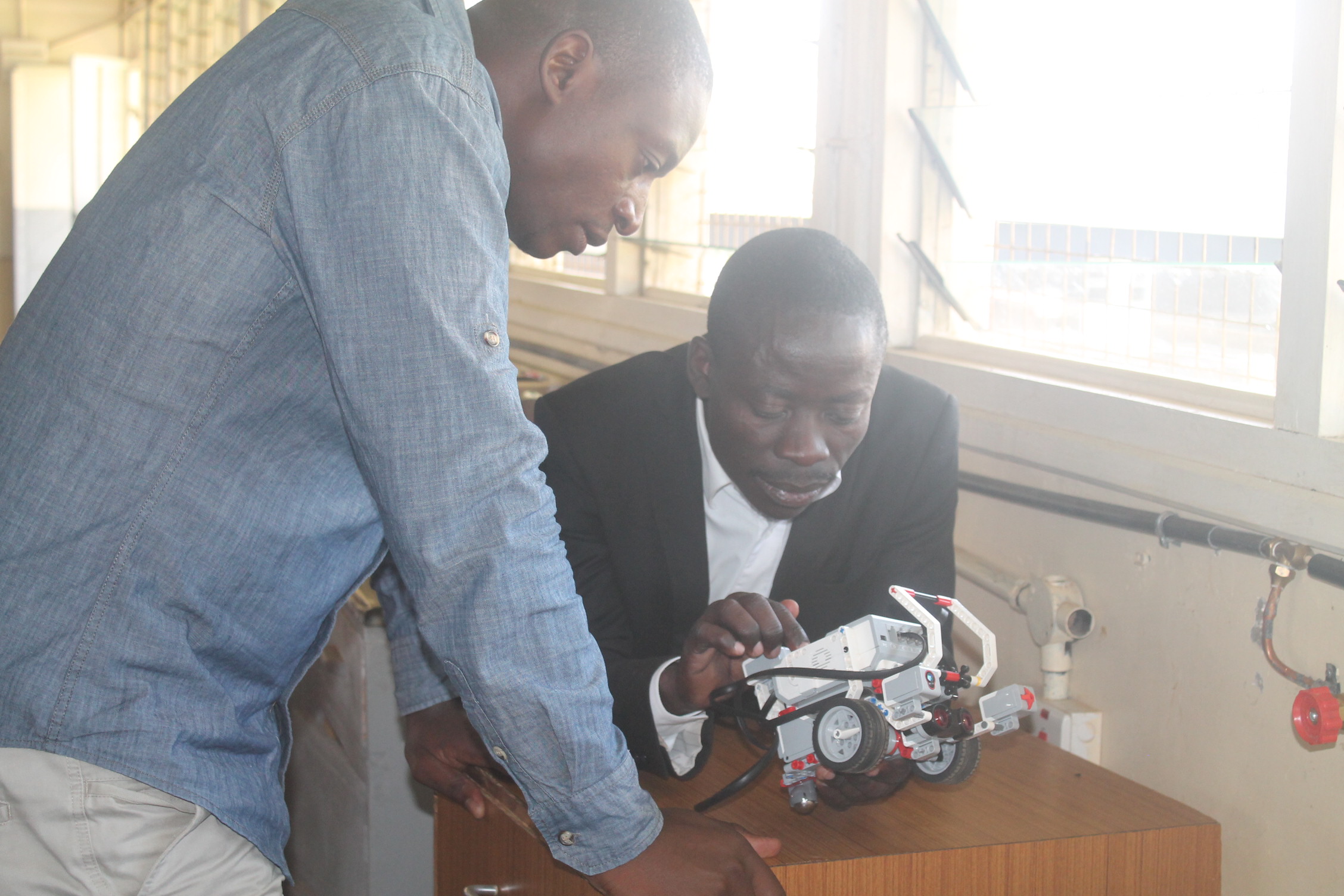×
The Standard e-Paper
Fearless, Trusted News

For Kenya to inch closer to industrialized nation status in future, a paradigm shift to do away with drilling in schools for purposes of passing examinations must take effect,” states Mr Stephen Njoroge, Director of the Centre for Mathematics, Science and Technology Education in Africa (CEMASTEA).
Mr Njoroge regrets that science has been badly taught and falsely cast as the preserve of a few extraordinary individuals, a practice that has caused many learners to find it as boring.